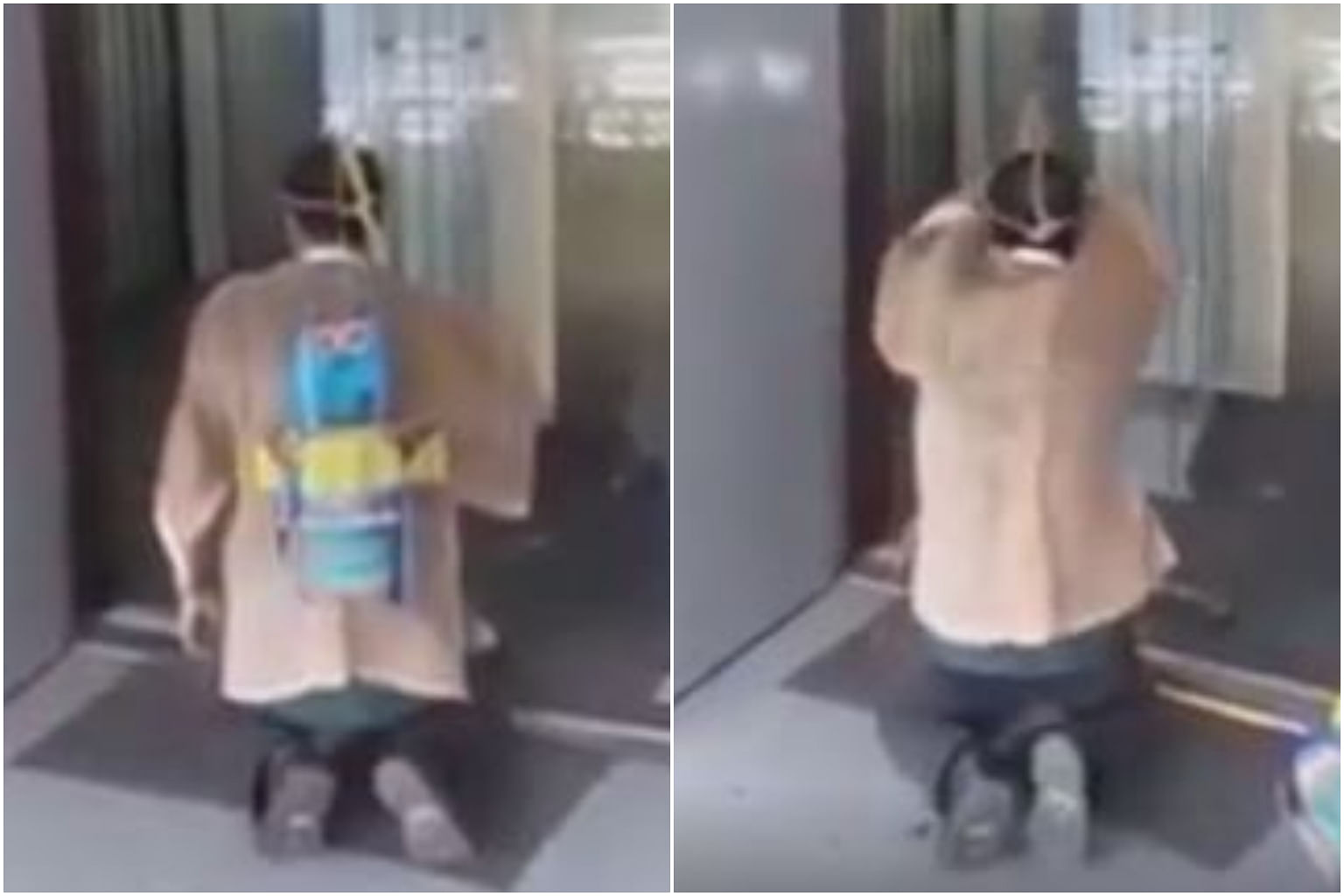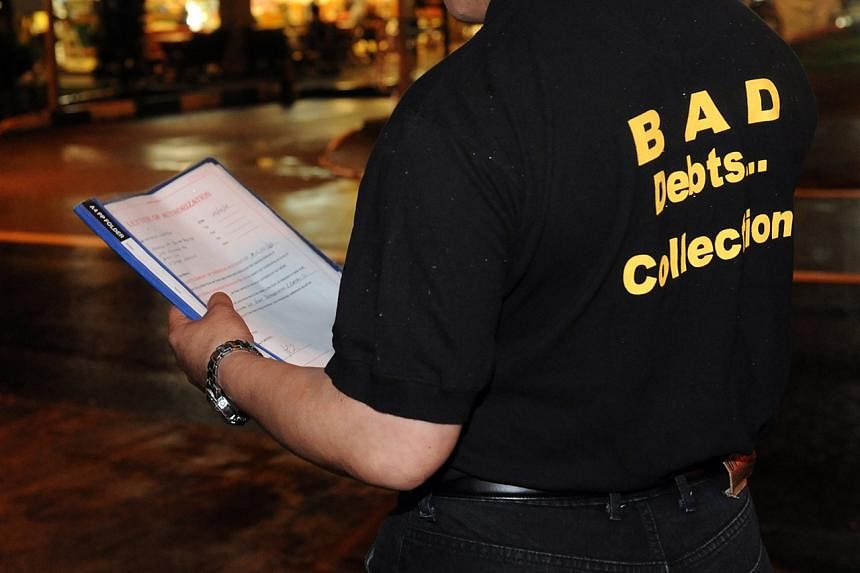SINGAPORE - Proposed laws to regulate debt collection activities could help reduce the stigma of collectors being associated with loan sharks and improve standards of the industry, said debt collection agencies.
Five firms told The Straits Times on Thursday (June 16) that they welcome the proposed rule of needing a police licence to operate as it would give the public more confidence in the way they work.
However, some raised concerns about having to seek police approval on staff hires as it could make recruiting workers more challenging.
A licensing and approval regime for debt collection firms and their workers was among new proposed rules released by the Ministry of Home Affairs on Wednesday.
Mr Israel Shankar Ganesh, deputy chief executive and head of legal at JMS Rogers Global, said the regime will help to reduce the impression that all debt collectors behave like loan sharks in recovering funds.
"There are black sheep in the industry that use improper means to recover funds, like hurling profanities or using violence, but not all of us are like that," he said.
"Having the police licence will show that we are a legitimate business that does things lawfully."
Mr Ganesh said JMS Rogers contacts debtors first by calling or e-mailing them. If there is no reply, collectors will then visit the debtor at his home. Repeat visits are sometimes necessary if debtors are uncooperative.
Ms Lyn Ling, founder of Fast Debt Recovery, said her staff present evidence, such as contracts, to persuade debtors to pay up.
"When a debtor and creditor have conflicting narratives, we try to arrange for them to meet and sort it out," she added.
There are currently no regulations that deal specifically with what debt collectors can or cannot do.
But errant collectors - such as those who inflict injury on debtors or vandalise public property - can be prosecuted by law.
In one case, a man who wore a Chinese funeral outfit to harass debtors for repayment was jailed for five weeks in January 2020.

Ms Yvonne Ho, managing director of Singapore Debt Collection Service, said the licensing system will help weed out the bad eggs in the industry.
"Some new companies are unethical in their conduct, or even mishandle money entrusted to them. Hopefully, these firms will not be allowed to operate any more, with police enforcement," she said.
Some firms said they are worried about having their applicants screened by the police, citing possible manpower issues.
Mr Winston Chin, director of KX-Unit and Associates, said that given the industry's high turnover rate, he might find himself short-handed if applications take too long to be processed.
"Debt collectors usually leave after three months because the job is stressful. If the application takes weeks to process, I would not have enough manpower," he said.
Mr Samuel Pang, operations manager at DMS Group debt collection agency, noted that most of his debt collectors are part-timers and they might not be willing to wait to be approved before starting work.
"It could be more difficult to hire people to do this line of work as a result," he said.
Some firms also said that having too many restrictions will increase the difficulty of doing debt recovery.
Ms Ho said: "Many people default on their payments and look for loopholes to delay or escape paying back what they owe."


